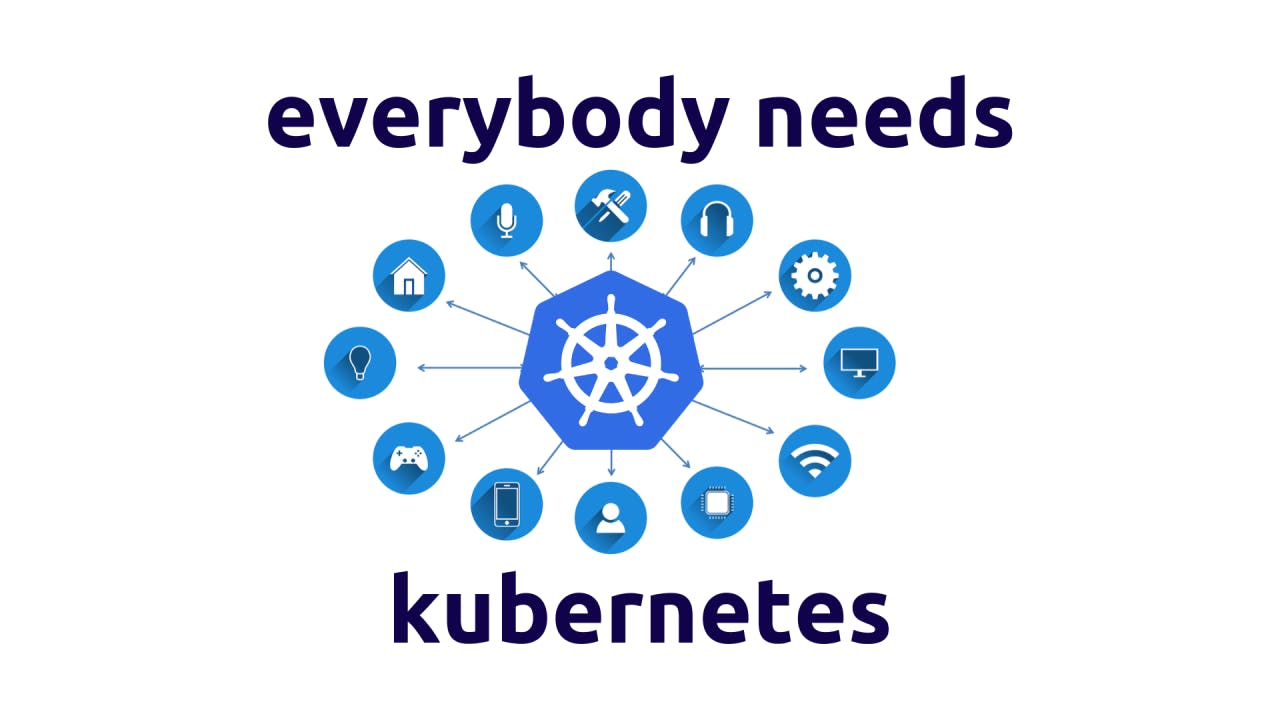Unlocking Efficiency and Scalability: The Case Studies of Kubernetes Adoption

In the dynamic landscape of modern technology, businesses constantly seek innovative solutions to streamline their operations, enhance scalability, and fortify their competitive edge. Enter Kubernetes, a powerful orchestration platform that has revolutionized the way companies manage and deploy containerized applications. In this blog, we delve into compelling case studies that illustrate why companies are embracing Kubernetes and the myriad benefits they derive from its adoption.
Case Study 1: Spotify

Background: As one of the world's leading music streaming platforms, Spotify faces the monumental task of managing a vast infrastructure to support millions of users worldwide. With a myriad of microservices and a need for rapid deployment, they sought a solution to streamline their operations and optimize resource utilization.
Kubernetes Solution: Spotify turned to Kubernetes to orchestrate their extensive containerized infrastructure. By leveraging Kubernetes' robust scheduling and automated scaling capabilities, Spotify gained the agility to deploy new features seamlessly while ensuring high availability and resource efficiency.
Benefits:
Scalability: Kubernetes empowered Spotify to scale its infrastructure dynamically in response to fluctuating demand, ensuring a seamless user experience during peak traffic periods.
Operational Efficiency: With Kubernetes automating tasks such as load balancing and container orchestration, Spotify's operations became more efficient, allowing their teams to focus on innovation rather than infrastructure management.
Cost Savings: By optimizing resource allocation and reducing idle capacity, Kubernetes helped Spotify minimize infrastructure costs without compromising performance or reliability.
Case Study 2: Airbnb

Background: Airbnb, the renowned online marketplace for lodging and tourism experiences, operates a complex ecosystem of services to connect hosts and guests worldwide. With a growing user base and a diverse set of applications, they faced challenges in managing their infrastructure effectively.
Kubernetes Solution: Airbnb embraced Kubernetes to modernize its infrastructure and streamline its deployment pipelines. By containerizing their applications and leveraging Kubernetes' declarative configuration model, Airbnb gained unprecedented control and consistency across their environment.
Benefits:
Standardization: Kubernetes provided Airbnb with a unified platform for managing containers, ensuring consistency and standardization across their diverse set of applications and services.
Deployment Velocity: With Kubernetes' automated deployment and scaling capabilities, Airbnb accelerated its release cycles, enabling faster time-to-market for new features and enhancements.
Resilience: Kubernetes' self-healing mechanisms and fault tolerance features bolstered Airbnb's resilience to failures, minimizing downtime and enhancing the reliability of their services.
Case Study 3: Uber

Background: Uber, the global transportation technology company, operates a massive infrastructure to support its ride-sharing and delivery services. With millions of transactions occurring daily, they needed a solution to optimize their infrastructure for scalability and reliability.
Kubernetes Solution: Uber adopted Kubernetes to orchestrate its containerized workloads and streamline its operations. By leveraging Kubernetes' advanced scheduling algorithms and service discovery mechanisms, Uber achieved greater efficiency and resilience in its infrastructure.
Benefits:
Elastic Scalability: Kubernetes enabled Uber to scale its services dynamically based on real-time demand, ensuring optimal resource utilization and cost efficiency.
Fault Tolerance: With Kubernetes' built-in fault tolerance and automated recovery mechanisms, Uber minimized service disruptions and enhanced the reliability of its platform, even in the face of failures.
Developer Productivity: Kubernetes' self-service capabilities empowered Uber's development teams to deploy and manage their applications independently, accelerating innovation and collaboration across the organization.
In conclusion, the case studies of Spotify, Airbnb, and Uber underscore the transformative impact of Kubernetes on modern businesses. By embracing Kubernetes, these companies have unlocked new levels of efficiency, scalability, and resilience in their infrastructure, enabling them to stay ahead in today's fast-paced digital landscape. As more organizations recognize the compelling benefits of Kubernetes, we can expect to see its widespread adoption continue to soar, reshaping the future of technology and business alike.